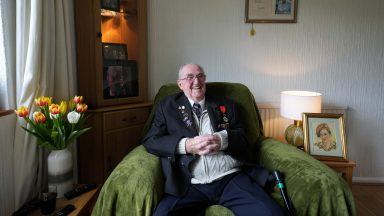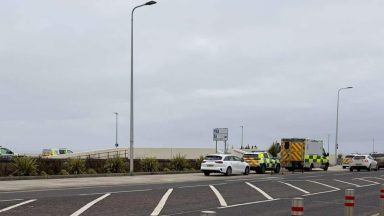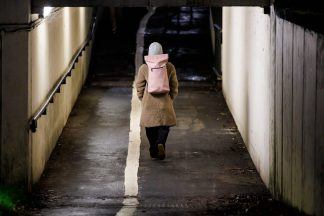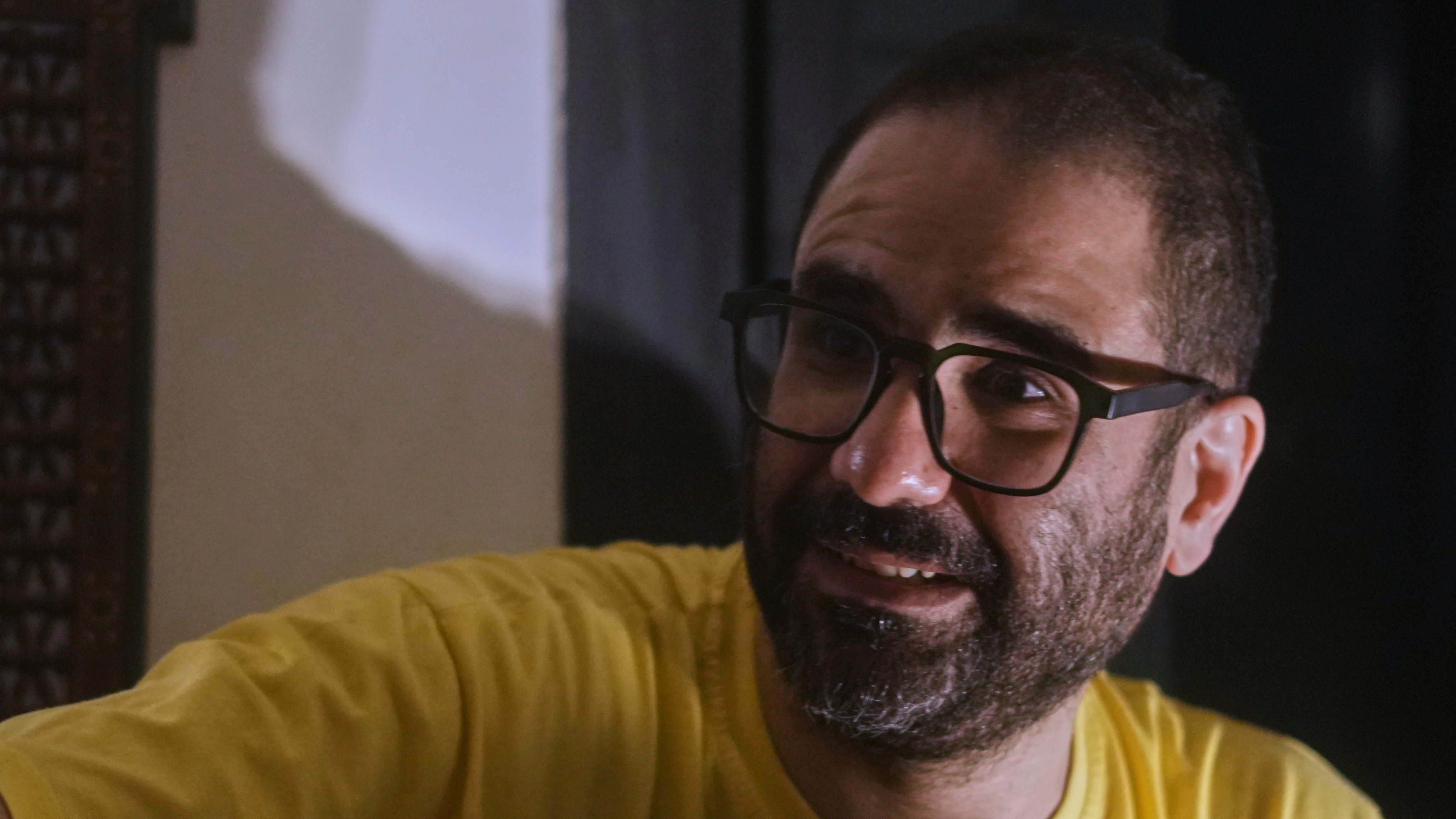More than one in six women in Scotland have experienced online violence, according to the largest-ever report into the issue in the UK.
According to the Open University’s report, titled ‘Online Violence Against Women: A Four Nations Study’, young women aged 16 to 34 and LGB+ people are bearing the biggest brunt of online violence.
The report examines which platforms Scottish women are experiencing the most online violence, with X/Twitter emerging on top, followed by Facebook/Meta and Instagram.
Younger people (16-34) and/or LGB+ people in Scotland find the sexualisation of women and girls to be one of the top reasons for committing OVAWG.
As well as being more likely to experience and witness it, the online violence faced by Scottish young people is more likely to be sexually explicit and text-based.
The impact of OVAWG extends far beyond the digital realm, infiltrating many aspects of the victims’ lives. Scottish women note changing the way they act on social media as well as enduring detrimental effects on their mental and physical health.
 iStock
iStockThe incidents were also more likely to be committed by someone the victim did not already know.
Young people in Scotland are identified as the population that is least safe online.
Professor Olga Jurasz, Professor of Law at The Open University and Director of the new Centre for Protecting Women Online, who designed and led the study, said: “This study gives a unique insight into women’s experiences of online violence, its scale and impact across the UK.
“It provides previously unavailable data which hopefully will lead the way to evidence-based law and policy interventions tackling the modern phenomenon of online violence against women and improving women’s safety online.”
Overwhelmingly, the report suggests there is an urgent need for more to be done to address the issue.
Despite most women in Scotland who experienced OVAWG reporting it to the platform where the incident happened, vast majority of them were not satisfied with the outcomes of their report. Half of those surveyed agree the Scottish Government should be doing more to prevent and reduce online violence.
The report goes on to reveal that, despite the vast majority of respondents recognising the following as forms of OVAWG: image-based sexual abuse, text-based sexual abuse, and cyberstalking, not all of these behaviours are captured within the law.
Support for new legislation to tackle OVAWG is popular amongst people in Scotland, with women and older people more supportive than men and younger people.
The OU is also set to open a new centre protecting women and girls against online violence later this year. Professor Olga Jurasz will lead the centre to develop research to inform law, policy, technology development and practice to prevent and reduce harm suffered by women and girls online.
Victims and Community Safety Minister Siobhian Brown said: “Violence against women is unacceptable. As a nation, we must go further and faster to eradicate gender based violence by tackling the root causes and ensuring that where behaviours turn into violence and abuse, those responsible are brought to justice.
“The Scottish Government’s Equally Safe Strategy is designed to tackle online abuse, including through funding organisations involved in safeguarding, preventing and responding to abuse and working with law enforcement to strengthen our response to this threat.
“The regulatory responsibility for social media lies with the UK Government, it would therefore be a matter for them to strengthen regulation in this area. However, the Scottish Government has been very clear that providers also have a responsibility to enforce their own policies on harmful
Cindy Southworth, Head of Women’s Safety at Meta said: “Women and girls should feel safe everywhere and we have strict policies to address harassment and harms that disproportionately affect women.
“We’ve worked with women’s safety experts to develop rules against gender-based hate, sexualised language, and threats of sexual violence, and we work to proactively identify and take action on this content.
“We’ve also built tools to help prevent women from having to deal with abuse in the first place, like the ability to turn off messages from anyone you don’t know, and filter abusive messages and comments so you never have to see them.”
The report surveyed 7,819 adults over the age of 16, via YouGov.
Breakdown of respondents by nation
- England – 3148
- Scotland – 2104
- Wales – 1053
- Northern Ireland – 1514
Follow STV News on WhatsApp
Scan the QR code on your mobile device for all the latest news from around the country



























